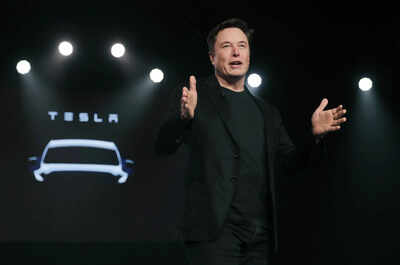Key Takeaways
- Norway’s $2.1 trillion sovereign wealth fund will vote against Elon Musk’s $1 trillion pay package
- The fund cited concerns over excessive size, dilution, and key person risk
- Despite opposition, analysts believe the package may still pass due to retail investor support
Elon Musk’s controversial $1 trillion compensation package faces major opposition as the world’s largest wealth fund announces it will vote against the proposal. Norway’s sovereign wealth fund, managing over $2.1 trillion in assets, has taken a stand against what could become one of the most substantial executive pay deals in corporate history.
Norway’s Wealth Fund Opposition
Managed by Norges Bank Investment Management (NBIM), the fund holds a 1.14% stake in Tesla valued at approximately $11.6 billion. In an official statement, NBIM confirmed it has already voted against the package, expressing concerns about the “total size of the award, dilution, and lack of mitigation of key person risk.”
Board Pressure and Musk’s Ultimatum
Tesla’s board, led by Chair Robyn Denholm, has been actively urging shareholders to approve the deal. The board has warned that Musk might step down if the package is rejected. The proposed compensation ties directly to ambitious long-term performance goals, including Tesla achieving a market capitalization of $8.5 trillion by 2035.
While acknowledging Musk’s visionary leadership and the value he has created for Tesla, NBIM described the pay package as “excessive and risky.” The fund highlighted particular concern about Musk’s outsized influence and the absence of safeguards should he exit the company.
Broader Implications for Corporate Governance
The rejection by Norway’s fund—Tesla’s seventh-largest shareholder—could influence other institutional investors and reignite debates over executive compensation in the technology sector. The decision reflects growing concerns about corporate governance, transparency, and the precedent such a massive payout could establish across global markets.
Despite this significant opposition, analysts suggest the package may still pass due to strong support from Tesla’s retail investor base and Musk’s substantial voting power. The company’s recent relocation to Texas, where corporate governance laws are considered more favorable, further strengthens the package’s chances of approval.




